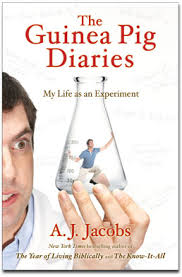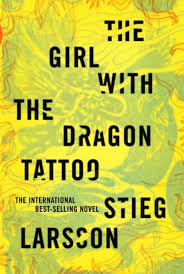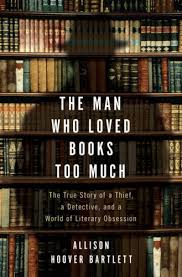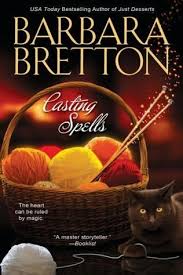This past Monday, my ladies and I met at the
BPL to discuss
Olive Kitterridge, the winner of the 2009 Pulitzer Prize, by Elizabeth
Strout. I read this book about 9 months ago for the first time and this is an excerpt from what I said about it then:
Olive Kitteridge is the story of the eponymous woman. She is a retired middle school teacher in a small town in coastal Maine. Olive has a husband and one distant son, she is crotchety and probably suffers from untreated depression. Sounds like fun, huh? It is though because what makes this story so engrossing, goes way beyond who Olive is. Strout's choice to reveal Olive through connected stories, all told from different points of view (including Olive's) gives the reader a unique experience. We learn about Olive, her family, and her town. We get intimate portraits of many of the inhabitants of Crosby, Maine. And although Olive is an abrasive woman, at the conclusion of the 13th story, the reader sees her finally moving toward an
understanding of herself and what her behavior means to those around her.
Click here for my full report including some
readalikes (I will have a few more at the end of this post.)
On to our discussion. I began with the following quote from
Strout (which I got from the
NoveList book discussion guide for the book)
I don't have a stake in whether people like Olive. Some people have told me they absolutely love her, and some people have said they can't stand her but they're still very drawn to the book. ...I hope that even if they have a negative response to much of Olive's behavior, they are maybe still drawn into this humanity that is underneath all of her action(s).
I then immediately asked the group, "Did you like Olive?" The most common response was, "yes and no." Some comments were that Olive was real, she was like actual people the participants knew. Stories were shared of friends and family who are "just like Olive."
More general comments about Olive:
- she irratated people, but they saw her humanity
- she had falshes of true compassion and caring
- she was opinionated and brusque, but still fragile
- Olive was the best representation of older people that my group of (mostly) senior citizens had read
- ...and my favorite: Olive had a shell around her; for us to get through we need the views of all the townspeople.
This last comment led us to discuss the format.
Strout wrote
Olive Kitteridge as 13 linked stories. For the most part it alternates back and forth between stories where Olive is the main character and those where she is more peripheral. These "periphery" stories range from Olive being a participant in the story, to barely making it into a crowd scene, to not being there at all, but mentioned by a
character.
The group was mixed about the format. A few participants don't like short stories, so they were turned off from the start. But others liked how it was "a different way of writing." They enjoyed how Olive's
character was developed through other people's eyes. We all were happy for the portrait it painted of the town of Crosby, Maine. Without the story format and the shifting points of view, we would have only had a story about Olive. Instead we also got a story about a town and its residents over time.
But no matter the opinion on the format, surprisingly, everyone enjoyed the experience of getting to know Olive and Crosby, Maine.
We also spent time
discussing Olive relationship with Henry (her husband), Christopher (her son), and Jack, her "friend" at the end of the book.
I ended the discussion by going through the "non-Olive" stories and giving people a chance to comment on them. A few led to a couple of comments, but it was clear that, as a group, we were more drawn to the Olive stories.
We ended as someone said that this whole book is about life as an experience. We take the good and the bad and it makes a life. Well said.
Readalikes: As I mentioned above, I read this book earlier this year and
if you click here, you can see some
readalikes. To that list I would add
Winesburg, Ohio by Sherwood Anderson for those who want to read another novel in stories; any book of stories by
Alice Munro, who is both one of the best short story writers today and one of
Strout's favorite authors; any book by fellow Pulitzer Prize winner
Oscar Hijuelos, whose novels about Cuban Americans have an episodic feel, and are about both
individual people and a larger community, like Olive
Kitteridge.

















